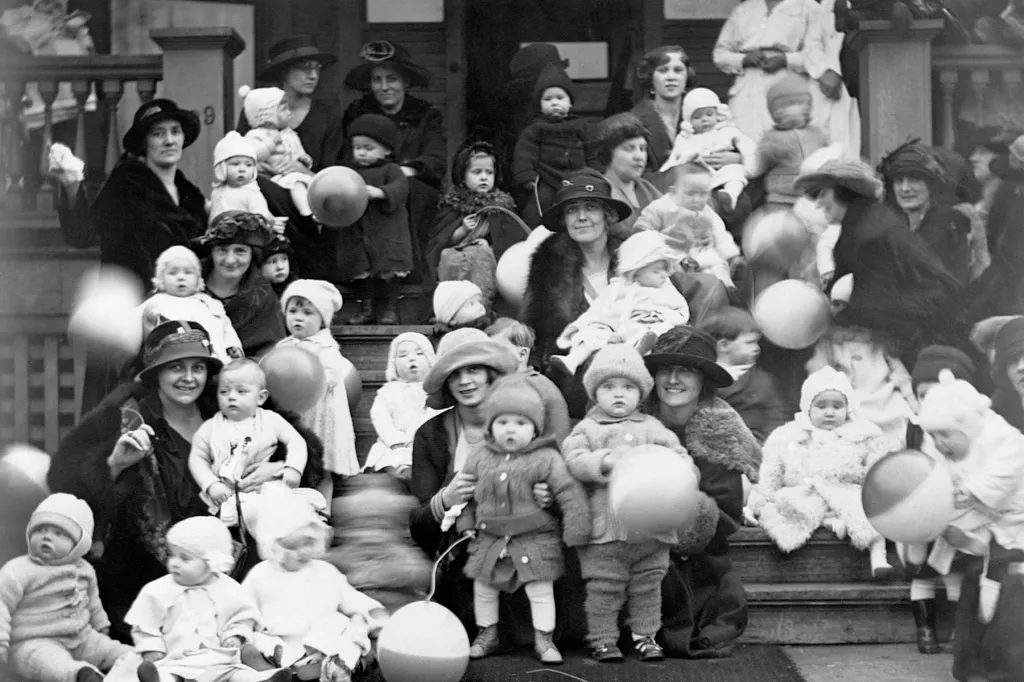On its surface, American Eagle’s ad campaign starring actress Sydney Sweeney repeats a play on words used by other denim brands touting their “good jeans.” But the ad goes beyond the clothing by directly linking a White woman — the blonde-haired, blue-eyed Sweeney — to having “great genes” while seemingly wearing a pair of great jeans.
“Genes are passed down from parents to offspring, often determining traits like hair color, personality, and even eye color. My jeans are blue,” Sweeney says, as the camera pans up her body. The video ends with a voiceover proclaiming, “Sydney Sweeney has great jeans.”
The ad is a reference to a famous 1980 Calvin Klein commercial featuring then 15-year-old Brooke Shields. While the original is controversial on its own, one difference is the absence of the language “great jeans,” or commentary on Shields’ physical appearance.
Sweeney’s recreation quickly drew backlash, becoming the latest fault line reflecting the country’s deeper political divisions. Critics of the American Eagle ad have said their anger is about more than one advertisement: It’s about the choice to release this ad in the current political climate, as well as the long history of white supremacist messaging in media and politics.
President Donald Trump’s war on diversity halted efforts to discuss the history of people of color, LGBTQ+ people and women, and the systemic inequities that affect them. The White House has criminalized Brown and Black immigrants as the administration ramps up detentions and deportations. These actions have parallels to the early 1900s in the United States, when laws limiting immigration came in tandem with the rising eugenics movement.
Conservative media and public officials have dismissed the comparisons between the American Eagle ad and eugenics as “liberal outrage” and have issued supportive statements. On Monday Trump entered the chat to praise Sweeney on his social media platform Truth Social after a journalist notified him that Sweeney is a registered Republican, according to reporting from BuzzFeed.
“Sydney Sweeney, a registered Republican, has the ‘HOTTEST’ ad out there,” Trump wrote. “It’s for American Eagle, and the jeans are ‘flying off the shelves.’ Go get ‘em Sydney!” The president then went on to criticize Jaguar for what he described as a “seriously WOKE advertisement” from eight months ago that features a group of Black, Asian and White models in colorful, futuristic clothing.
Days before, American Eagle posted on Instagram that the ad “is and always was about the jeans” and stated that the company will “celebrate how everyone wears their AE jeans with confidence, their way. Great jeans look good on everyone.”
The concept of “eugenics” is a pseudoscience first coined by a British statistician in 1883. It became a global movement in the 1900s, centering on the idea that some groups of people have “good genes” and others have “bad genes” and are therefore “unfit” members of society.
American eugenicist Madison Grant authored the influential 1916 book “The Passing of the Great Race,” which described Nordic features, including pale skin, light hair and blue eyes, as an indicator of “purity” and other combinations as “disharmonic.” Throughout his book, Grant noted that women were key to maintaining genetic purity.
“The view that the Negro slave was an unfortunate cousin of the white man, deeply tanned by the tropic sun, and denied the blessings of Christianity and civilization, played no small part with the sentimentalists of the Civil War period,” Grant wrote. “It has taken us 50 years to learn that speaking English, wearing good clothes, and going to church and school, does not transform a Negro into a white man.”
According to historians, Adolf Hitler referenced the work in anti-Semitic writings that became the basis for his Nazi regime that killed more than six million Jewish people and an estimated five million non-Jewish people during the Holocaust from 1933 to 1945.

Throughout the rise of the American eugenics movement, White women were an integral part of the propaganda, both as symbols of genetic purity referenced by men and as organizers actively working to spread eugenics teachings.
American teacher Mary de Garmo is cited as the creator of “better babies” contests at the Louisiana State Fair in 1908. Judges evaluated babies and young children on their lineage and perceived flaws seemingly as a way to promote wellness in children.
Years later, Mary T. Watts and Florence B. Sherbon developed spinoff events called Fitter Family contests. Competitors submitted records of their family traits and a team of medical doctors conducted physical and mental evaluations to determine a grade of eugenic health.
A column written in Popular Science magazine by U.S. Senator Arthur Capper of Kansas in 1923 commended the competitions as a useful tool to encourage people to be more selective about the partners they choose to have children with.
“Men and women marry with little scientific thought as to their physical and mental fitness for bearing and rearing children,” Capper stated. “When the children come they too often are brought up in the same haphazard fashion in which their parents chose each other. Is it any wonder that the number of mentally and physically unfit increases?”
Fear of disability or neurodivergence significantly shaped laws and policies. In the early 1900s, dozens of U.S. states passed laws that legalized the forced sterilization of those deemed unfit to procreate. These procedures largely affected poor women, women of color, LGBTQ+ people and those with physical or developmental disabilities.
California became the third state to enact a sterilization law and it accounted for the largest share — more than 20,000 — of sterilization procedures in the United States between 1909 and 1979. In 1927, the U.S. Supreme Court voted 8-1 to uphold the constitutionality of states’ right to forcibly sterilize tens of thousands of people around the country.
The eugenics movement also stoked growing xenophobia at the time, leading to the Emergency Quota Act of 1921 and the Immigration Act of 1924, establishing nation-based quotas that limited migrant entry from Asia, Africa and Eastern Europe, including Jewish people seeking to flee the Holocaust.
Today, critics of the Trump administration have drawn a throughline between the current political landscape and this dark history. Disability rights activists have sounded the alarm on rhetoric from officials they say echoes these eugenics. The secretary of the Department of Health and Human Services, Robert F. Kennedy Jr., for example, has — without evidence — stated that autism destroys families and children’s lives.
The administration’s immigration policies have also faced wide criticism. Public polling by the Pew Research Center indicates that a larger percentage of Americans disapprove of the administration’s overall approach to immigration, which includes immigration agents surveilling schools and playgrounds, and the official White House social media pages using memes and jokes alongside images of immigrants being rounded up into planes for deportation.
Trump has a history of criticizing Haiti and countries in Africa as “shithole” countries. Last year, he stated that he would like more immigrants from “nice” countries like Denmark and Switzerland.
The eye color most commonly associated with people from those two countries is blue – like Sweeney’s.






